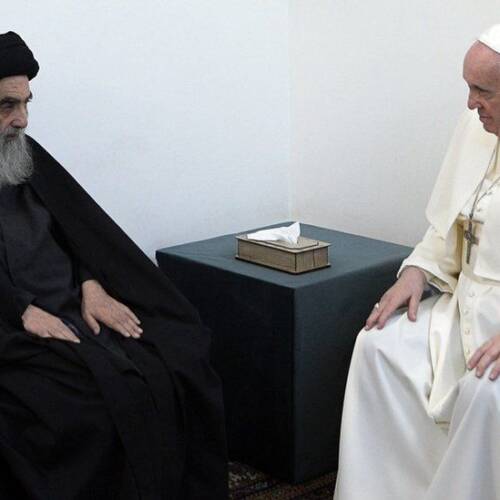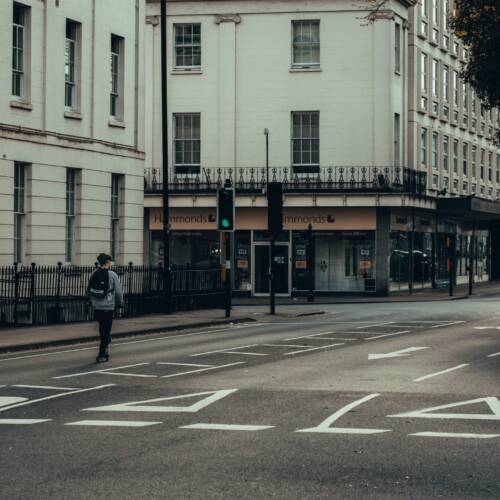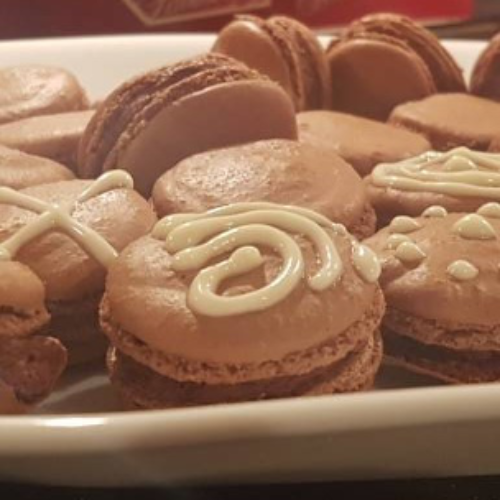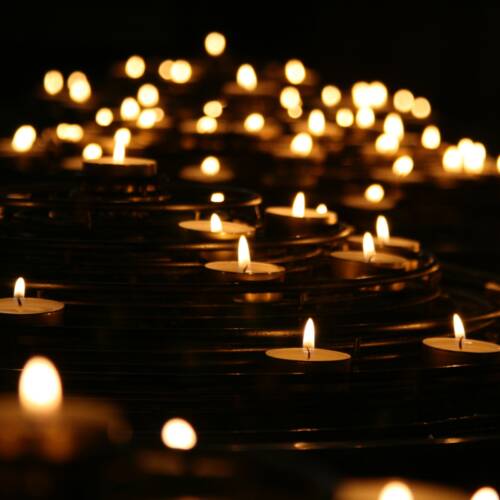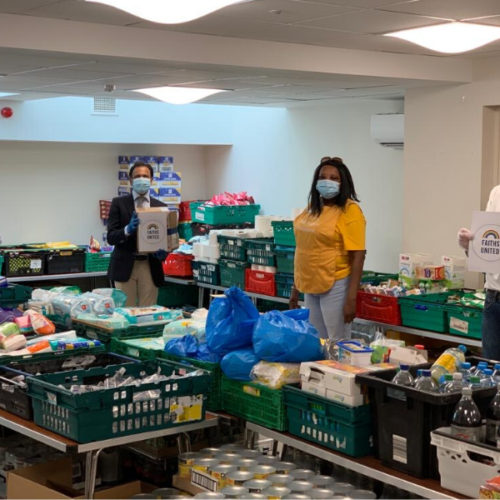
5 Moral Lessons That The Coronavirus Lockdown Can Teach Us
24 Apr 2020As we find ourselves currently alone and isolated from our friends and family, we should look towards contemplating upon our relationship with God, as well as the society we live in. Just as important, is to have the presence to face ourselves and to understand why and how we do things, acknowledging the patterns of denial and distraction. The current lockdown offers us numerous lessons not just for the duration of the crisis, but for whatever comes afterwards.
However this crisis ends, the world will be a changed place. We too can emerge from this lockdown as changed people, taking the lessons we learn from God to lead better lives for ourselves and those around us.
1. Humility
I begin with a well-known verse from the Hebrew prophet Micah, which is much loved in the world of Christian social justice:
He has told you, O mortal, what is good;
and what does the Lord require of you
but to do justice, and to love kindness,
and to walk humbly with your God?
Micah 6.8
Some Christians and Muslims are familiar with the commonalities between our sacred texts, so it is no surprise to read this verse in the Qur’an –
“The servants of the All-beneficent are those who walk humbly on the earth.”
The Holy Qur’an – (25.63)
We have little choice but to be humble at this time, though we can easily recognise our lack of humility whenever we protest, complain and act out our feelings of denial. In lockdown there is nothing that we can do other than make a light impact on the world and on others. With other believers we are united in praying for God’s mercy and healing, and do so humbly, not demanding, as some loud, brash televangelists have done in recent weeks.
Generally, though, we lack humility. Many of us have everything we need and if we don’t have it we can get it delivered via the internet. Now, we have been forced to stop and rethink, to make space for others in the parks when we exercise and wait patiently outside supermarkets, perhaps even praying as we do so.
2. Coronavirus causes crazy consumption
Apart from the saddening news of large numbers of deaths, and we mourn and pray alongside the bereaved, the image many of us have of coronavirus is people fighting over toilet rolls. This plays out differently in the Muslim community, as one of my friends has written here. Human beings are great consumers. God told us to be stewards and guardians of the natural environment, but we are its exploiters, and nothing stops us, until we have no choice.
One of the messages of Lent, which ran from late February to Easter Sunday (12 April), is to hold back, take something out of our lives, so that we have more space for God and to be more conscious of what we are doing or not doing. Historically, this was giving up meat or dairy products, more recently it has developed into taking things on, for example, anonymous good deeds, being good stewards, or plastic-free Lent.
On a number of occasions in the last few weeks I have left the supermarket empty-handed because when I got there the shelves were bare (I am too impatient to queue for hours at opening time!) I have watched people buying vast quantities of toilet rolls and bottled water. I don’t want to judge anyone, they are responding to actual and perceived shortages and when the lockdown was beginning it did feel as if we were preparing for the end of the world. In the last couple of weeks, people have been sharing on social media images of thrown away food still in unopened packaging, much of it still in good condition. Over-consumption helps no one, including ourselves.
There is a story about manna, food sent by God to the children of Israel in the wilderness, the original ‘bread from heaven’ (Exodus 16). It was gathered daily and went mouldy if left the next day, it could not be over-consumed or hoarded. In fact, it is only the prosperous who hoard, the more needy cannot, they do not have the means to pay, transport or store it. God expects the fairness (‘justice’) which does not deprive others (‘love your neighbour’).
3. Scientific perspective
We should believe that science, experimentally-based wisdom, is from God. We are all dependent on science in so many ways. As you are reading this online, perhaps on a smartphone, you are dependent on the internet and a mobile communications and computing device. It is science which develops vaccines and is essential to treat patients in hospitals, and is a gift of both God and other human beings to all of us.
Religion and science are not against each other, though we hear this sometimes. One of my friends sent me a link to a pastor preaching that coronavirus was really a Satanic/Antichrist plot to wipe out human beings with 5G radiation. This religious conspiracy theory has been debunked by science. Religion gone haywire ignores science and tries to keep churches open, risking people’s lives, not motivated by either scientific or humanitarian concern.
4. Contemplation
It may be that all we can do, unless we work in the NHS, is stay at home and pray. With typical British understatement I can say that prayer is no bad thing at any time! We are people of prayer, or hope to be. If we cannot do anything we can come before God and acknowledge that. As the Three Lessons article says, people become more religious at times of crisis. Whatever we may think about what happens when we pray, it connects us – to our feelings and fears, with God and with other people. Anyone can pray, so let’s model it.
5. Presence
Presence is being, being with ourselves, out of which comes being with God. It is at the heart of both the spiritual journey, whether Christian or Muslim (especially in Sufi traditions) and in psychotherapy and personal development. So many of the problems that we experience in life have their roots in denial and distraction. We really cannot pay good attention to anything else going on around us (prayer) if we don’t know what’s going on with ourselves. Take this opportunity to pray and be present, God willing, everything else will follow from this.









